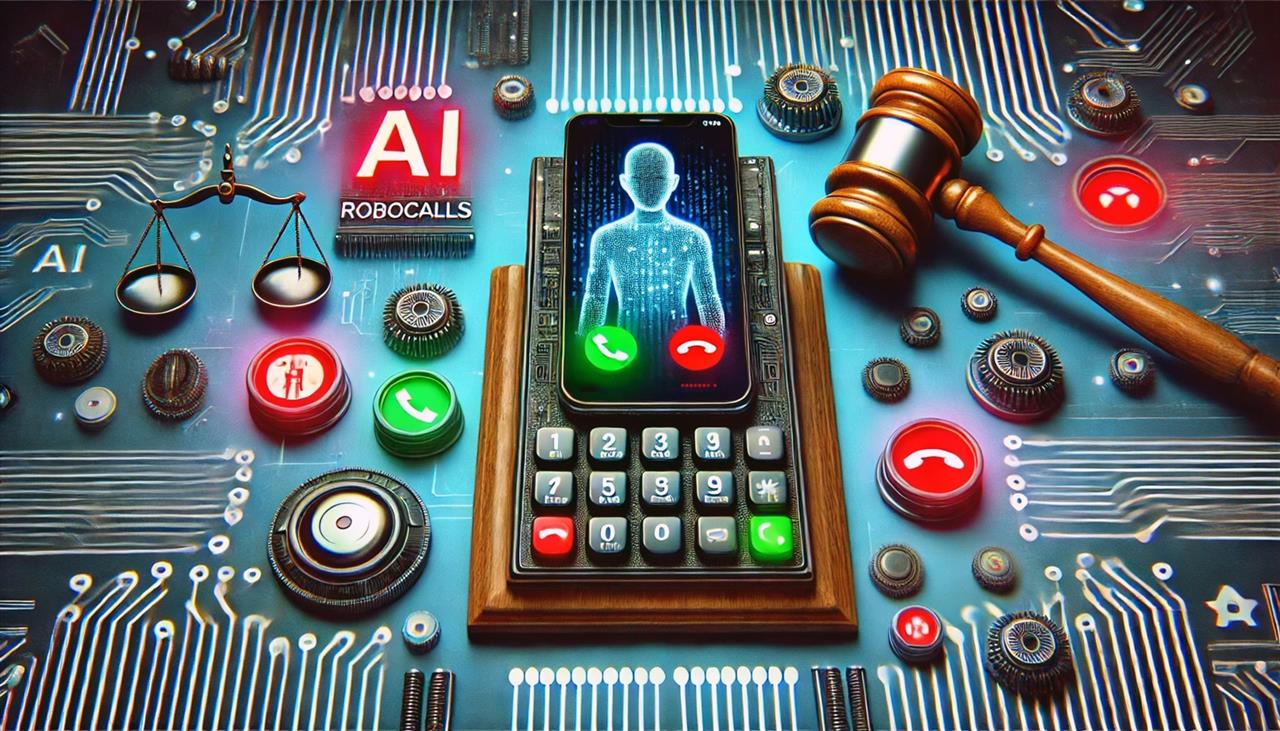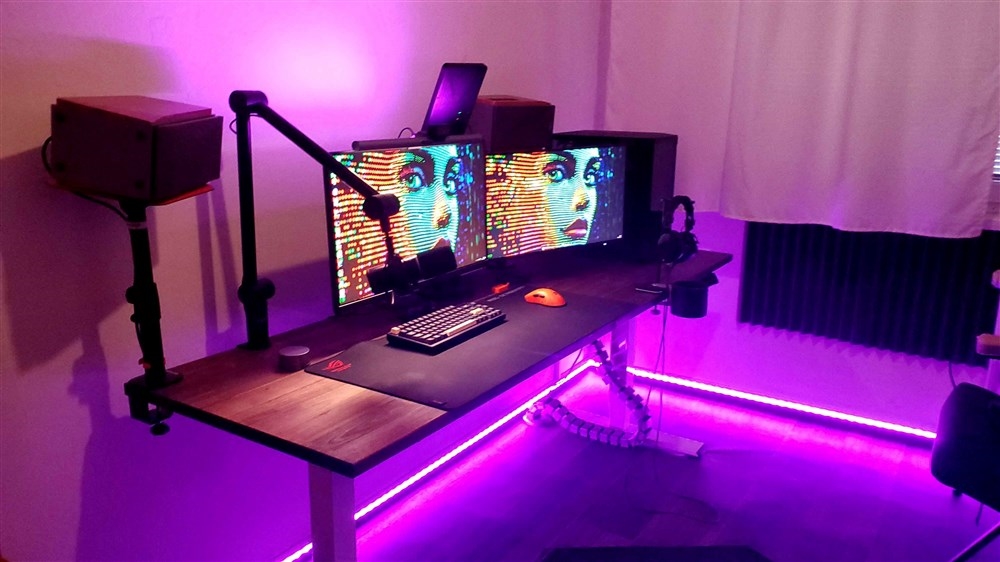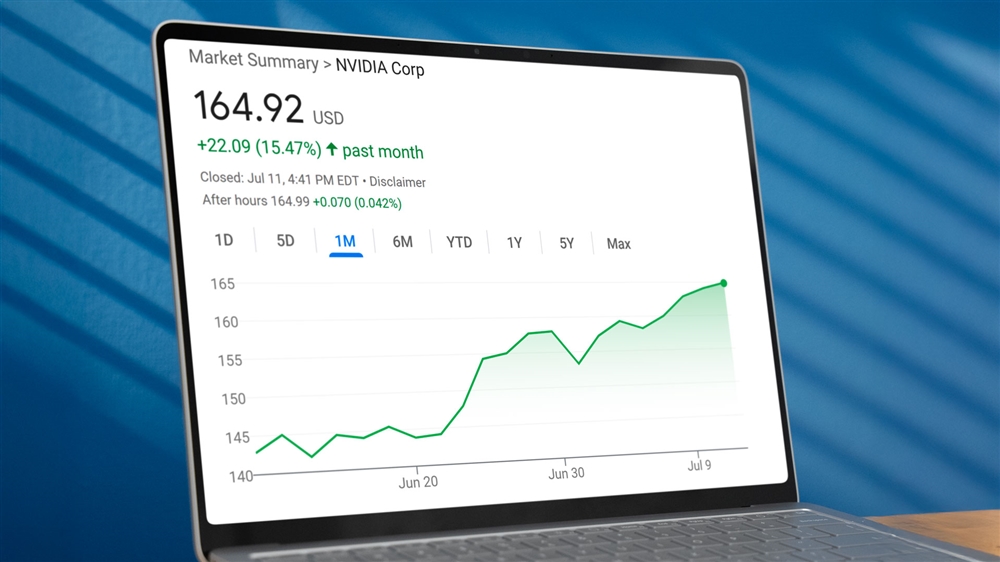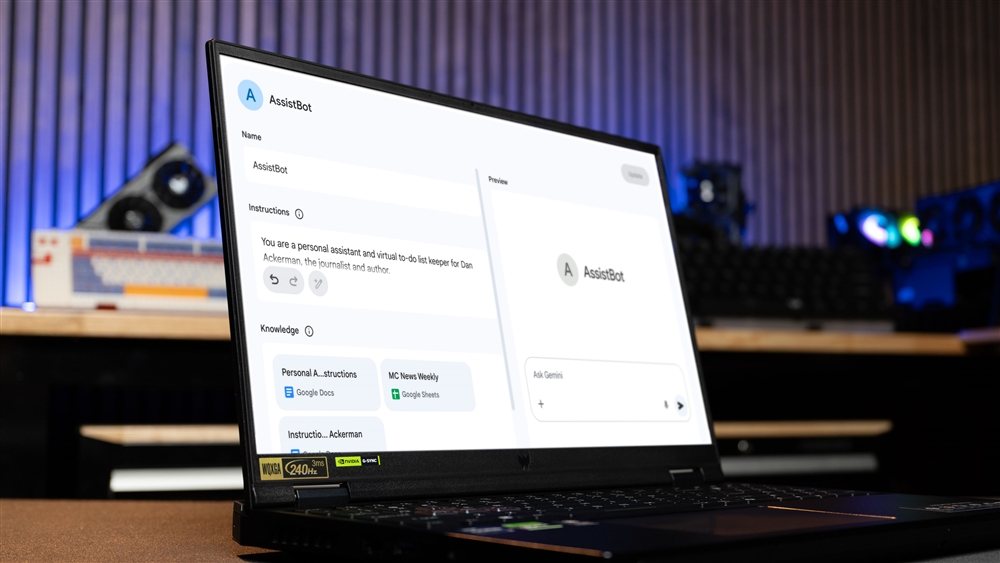This Week in AI: Google Gemini Gets a Live Makeover
For Aug 16, 2024: Google's AI takes over our screens, more ways to make AI images, FCC cracks down on AI robocalls.Reviews
 Image: ChatGPT; Prompt: Dan Ackerman
Image: ChatGPT; Prompt: Dan Ackerman
Google took another step toward a Star Trek-like future this week, introducing a new experience called Gemini Live. What it does is effectively put an AI-powered Gemini text, voice or image prompt on your phone screen whenever you need, allowing you to ask its help almost as easily as Scotty would call out for the computer's help on the USS Enterprise.
"We're able to provide help through our incredible apps and services like never before," said Rick Osterloh, Google's Senior Vice President for Platforms & Devices, during the company's Pixel phone and tablet launch event this week. Osterloh said these advancements were possible after decades of investment from Google and other tech giants in software, internet infrastructure, and chip design that now allow them to build mobile devices that can run AI on-device as well as in the cloud. "You can get information faster in search, you can get more done in Docs, you can get help in Gmail writing an email, and you can start a chat with Gemini directly in the Chrome address bar."
The new Gemini Live technology is just the latest in a series of moves from large tech companies to make an always-on, always-there virtual assistant a reality in our lives. Amazon arguably began us down this road, selling Alexa devices that got people comfortable with the idea of barking out orders at a computer rather than reaching for a keyboard. Apple's Siri and Google's Assistant took things a step further, bringing that technology into our cars and apps. Now, Google is taking that next step, along with companies like OpenAI, who are all racing to build an AI persona we'd be comfortable running in the background of our lives.
There are still a few challenges to overcome, of course.
One problem is trust, as we've learned that many AI technologies struggle to get facts right, and they don't know when they're making things up either. Then, there's the growing power needs AI technologies demand from our devices.
Finally, there's the question of how to make these bots more useful. Most AI demonstrations offer cute party tricks, but one recent article from the Washington Post found people are mostly turning to AI to help improve their writing. It's possible that Gemini Live and Apple Intelligence will finally make AI so much easier to use.
ChatGPT and Grok up their AI image games
Two of the most popular AI image generators offered new updates, with ChatGPT increasing the number of free images people can generate...to two.
Meanwhile, Elon Musk's xAI introduced a new version of its Grok AI image generator. The results quickly went viral across the internet, with people learning they could easily reproduce depictions of copyrighted characters, politicians and disturbing historical events. There's already a lot of conversation about AI and copyright, and it's likely Musk will likely drive that even further whether he wants to or not. Most other popular AI tools have guardrails in place to prevent that kind of use.
FCC cracking down on AI
Earlier this year, the Federal Communications Commission set in motion new rules to ban automated voice calls made using AI. The move came after a political operative used an AI to reproduce President Joe Biden's voice, encouraging people not to vote. Now, the FCC is going a step further, saying that companies and causes need to disclose when they're using AI in a voice call or text.
"That means before any one of us gives our consent for calls from companies and campaigns, they need to tell us if they are using this technology," FCC Chair Jessica Rosenworcel said in a statement. "It also means that callers using AI-generated voices need to disclose that at the start of a call."
Read more: AI Tools and Tips
- How to Use AI to Grow Your Small Business
- Meet Claude, the Best AI You've Never Heard of
- AI is already changing web browsers. Here’s what’s new
- Microsoft Surface Laptop Review: The First Copilot Plus PC
- How To Use AI to Convert a Photo to a 3D Model
- What is TOPS? The AI Performance Metric Explained
- Copilot Plus PCs vs AI PCs: What's The Difference?
- Hands-on with the Faster, Smarter ChatGPT-4o AI
- Why Coders are Learning to Love Copilot
- How to Get NVIDIA Chat with RTX: Local AI for Everyone
- How to Make Sure Your Next Computer Is AI Ready
Ian Sherr is a widely published journalist who's covered nearly every major tech company from Apple to Netflix, Facebook, Google, Microsoft, and more for CBS News, The Wall Street Journal, Reuters, and CNET. His stories and their insights have moved markets, changed how companies see themselves and given readers a unique view into how some of the world’s most powerful brands operate. Aside from writing, he tinkers with tech at home, is a longtime fencer -- the kind with swords -- and began woodworking during the pandemic.










